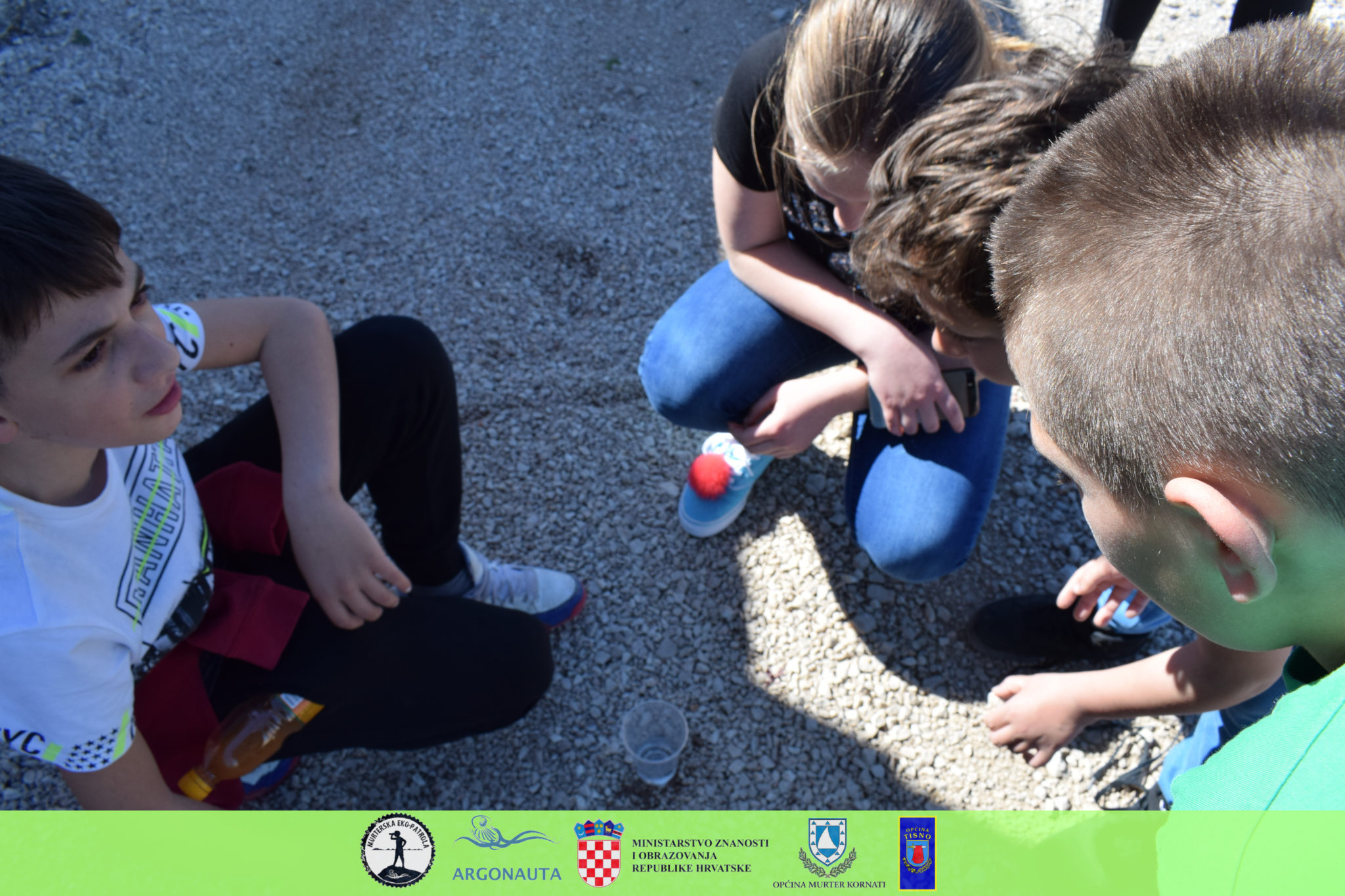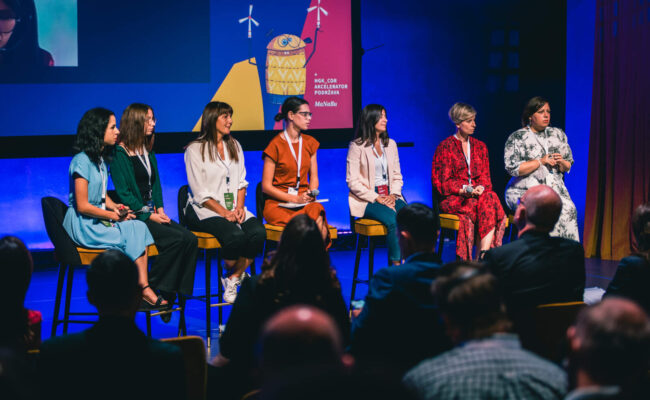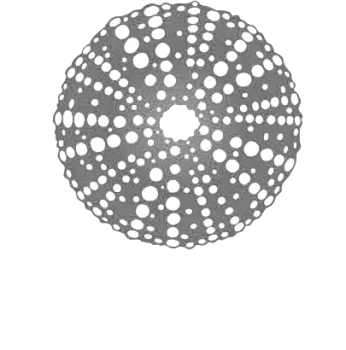World Water Day.
As Friday, 22nd March, was the World Water Day, Saturday 23rd the topic of our ecopatrol was water. We are all aware of the importance of water: it covers about 71% of our planet and the 97,24% of it is salty and is found in seas and oceans. The world’s largest freshwater supplies are the ice caps on poles, while the rest of the freshwater stock is found in lakes, rivers, underground basins, and in the atmosphere. The distribution of fresh water is uneven, and this constitutes a problem especially in countries that lacks proper infrastructures.
We held this ecopatrol on archaeological beach Colentum, on Gradina peninsula, thus having the opportunity to introduce the topic by showing kids the remnants of a roman cistern. Then, the kids learnt how to transform salty water into fresh water through desalination, a process used in more than 120 countries in the world, especially where fresh water is scarce (in Quatar, for example, 99% of fresh water comes from this source), that however can have negative impacts on sea wildlife through the killing of marine orgainsms during the intake of water by the implants and through the discharge of huge amounts of concentrated waste in the sea.
With a story about water and the game “Water race”, kids were reminded of the importance of preserving and mantaining the water clean. Then, we divided the kids in two teams and held a quiz about the amount of water needed to produce certain foods. The kids always opted for a significantly smaller amount than the one really needed, and were surprised to discover how much water goes into the production of even the simpler foods!
In another experiment, we simulated the process with which salt is obtained in large shallow pools in saltworks, such as the ones in Pag. Salt has always been a precious resource, and in some stages of history it was even used as money. Today we know that salt comes from different minerals that for million years have been carried from rocky areas into the sea by the rivers, but in the past this process was unknown, so different cultures created various myths about how oceans became salty. After listening to a myth coming from China, at the end of the workshop kids invented their own legend: one of the most interesting is the one about a giant, living in the clouds, that accidentaly dropped an enormous barrel of salt into the sea.


































